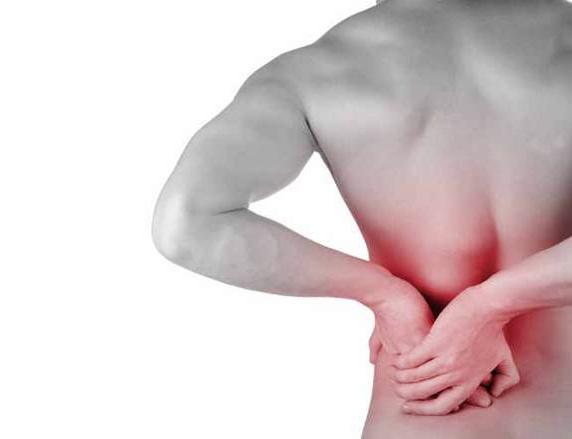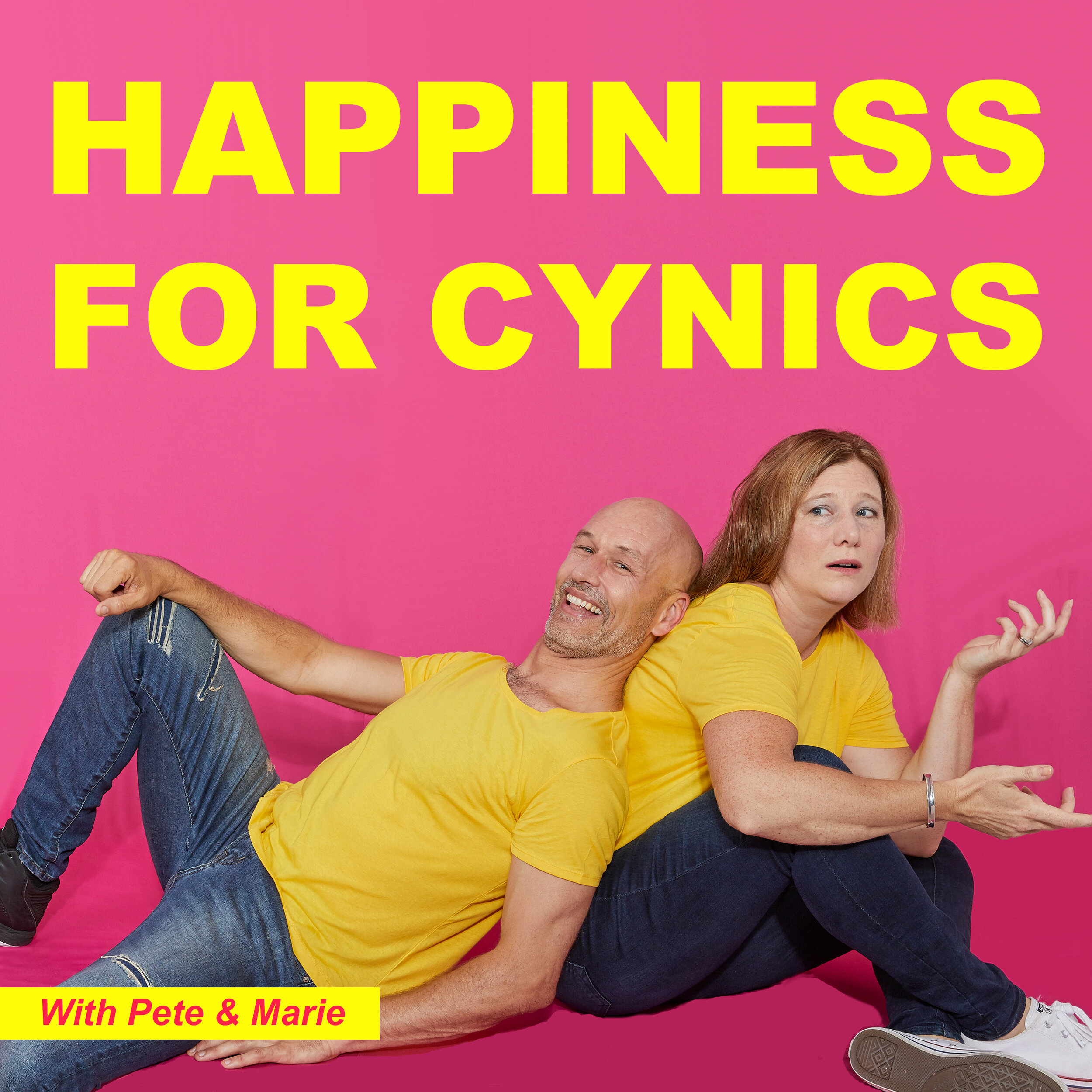When I talk with clients and we speak about exercise regimes, there are so many factors that influence what we consider to be ‘exercise’ and activity regimes. Those of us who have exercises all our lives may seem almost obsessed with exercise and regimes of yoga, gym, sports and the occasional mountain climb. Many of these people are limited by their past conquering exploits with scars, wounds and injuries that denote a life of crazy adventures and some not so glamorous encounters with the wild.
Age is a major influence on what mountains we can climb and what rivers we can tackle. I am not talking about the Div 1 basketballer who has been playing for 20 years and bemoans his aching knees and warped shoulder. I am talking about the serious agers - the ones who have tested time and won. When you are 80 there are only certain things that you can achieve and maintain. Despite social media telling you that at 102 you’re supposed to inspire the younger generations by still competing in 100m sprint hurdles. (personally I plan on sipping champagne provided by my nephew/niece as I sit in the corner being cantakerous but utterly hilarious)
Health issues contribute greatly to what we can achieve. When you are plagued with an illness, especially chronic illness, the ability to be able to extend yourself physically is not only difficult but can be dangerous to your health. Illness is a time when you need to be down and resting in an effort to try and recover. You’re not supposed to be taxing your cardiovascular system as it is already compromised and not running like a well oiled machine.
Mobility impairment takes a concerted engagement and plan to overcome. If you’ve lost movement in your knee and your range of motion is compromised from an acute injury, never to be regained, you can’t expect to be able to throw 100kg on a squat machine and whack out a few reps. You have to work ‘with’ your limitations and plan a way to work your joint spaces in as full a range as possible to maintain movement. Sadly, not many of us have a concerted team or the knowledge to come up with a plan of attack when impairment strikes and then all of a sudden we are 2 years down the track and haven’t performed a full knee/hip flexion and the thought of breaking through that movement barrier is too impossible an immedaite task to contemplate.
Education - knowing what to do. There are individuals out there that are just too scared to start something because they have no idea what to do! They have tried at times to attempt exercise without much success or they have spent their lives raising families, looking after family members or being preoccupied with the myriad of challenges that face a daily existence that might be a little outside the normal sphere of 9-5, family and work commitments. Knowing how to pick up a weight let alone throw it above your head and slam it down without causing major bodily harm or breaking a floor board. Knowing how to pick up a tennis racquet and understand how to stand on a court without spending the entire hour going and chasing ALL the balls that have skyrocketed over the boundary fence, down the road and into a random strangers garden. Getting prescient advice and overcoming the fear of not being able to explore movement or ‘training’ correctly is a real and valid concern.
The lack of having routine in your life means that your crazy schedule doesn’t seem to allow for a separate hour to go and explore a gymnastics class, a yoga workshop or even just go for a walk. There never seems to be enough hours in the day let alone create more commitments for yourself to try and conquer in your weekly schedule. ITs daunting and difficult to try and put in some ‘me time’ or some ‘indulgent’ time to go and wield an archery bow and feel like Robin Hood for an hour.
Movement history - I’ve never been active. This is a big one because your body hasn’t got any residual movement to draw on. The concept of the “natural athlete” the ‘all round sportsperson’ is moot. Sports research denounces this myth of motor skills in movement being transferable from one skill to the other. A basketballer doesn’t necessarily have the same motor skills to become a diver. An AFL player cannot take to the gymnastic floor and tumble and spring into handstands. The inherent development of unique motor skills does not transfer across disciplines. But having a history of movement training DOES mean that your Central Nervous System is adaptable. Those synapses and connections between the brain and the body are active and flexible because they have been involved and engaged for some time. So the ability to have a certain amount of neuroplastic adaptability is inherent in these people. If you have not used these body/mind connections in the past then you are going to change behaviour and develop those skills. That’s hard work. It doesn’t come easily. BUT it will come. Like any new skill, it takes time to develop the ability but it does develop - regardless of other factors like age, health or time.
I am sure there are some nodding heads and sighs of understanding on these topics and these factors. And they are very real. They are also very conquerable. I feel that these aspects are all the topics you have to address if you are going to follow through on that goal of getting fitter, losing some weight or being healthier in movement. The reason it can be so difficult to maintain these regimes is because there are many factors to consider.
Whilst we can all nod in agreement to all the above factors and understand how ‘hard it is’ to implement all these, it’s about challenging ourselves to keep considering what it is to continue to keep motivation and progression in play. These elements are always a continual step and journey. They constantly need tweaking and addressing - even rating them like an uber driver! You could very easily do a weekly rating of each of these elements as a 5 min exercise to see how you are tracking.
Weekly Check
“
How do I feel out of 10 today?
What’s my rating for this week?
What percentage is this impeding me?
Which elements most interrupts my commitment?”
Age
Health
Mobility
Education
Routine
Movement History
And if you do feel that you are low in one of these scores, then maybe you need to spend 5min dwelling on how you can effect that element? “How do I effect age”? Rate how old you feel. Get some relative examples of others around you who are your age and see what is realistic in terms of expectation. Make a comparison. Commit to feeling ‘less your age’. There’s always a creative solution or a creative way of looking at the issue.
Set goals. You address in realistic terms what you are capable of. If that means I can only do one lap of the pool, I can only lift my arms above my head for 5sec, I can only lift a litre of milk out of the fridge. That’s fine. But set those benchmark figures and try to increase them by one rep, half a lap, 5 more secs. Self improvement doesn’t have to come in great waves like a massive tsunami. Building slow and steady progress is key and thats as simple as taking 5 more steps than you did yesterday or spending 5 more minutes on the floor.
Changing behaviour is hard. It’s so much easier when you are maintaining behaviour because the momentum is with you. You are riding a wheel that is hurtling along. Generating the ball rolling is much harder and that means if you are starting from scratch - you got an uphill battle. Being honest with ourselves and not selling ourselves short is important. As is not allowing our self talk to convince us that we can’t be more proactive in these elements? Essentially, we can use these elements as excuses, convincing ourselves NOT to partake in changing behaviour. But it doesn’t take 5 min to have a quick stock check of the above elements and see what needs attention. It may just be the thing that makes you commit to changing your own health.
It’s always the easy route to come up with your own self talk that convinces you to not step up. Whilst it takes a little bit more planning to actually address the restrictions and come up with solutions, ultimately its up to us to do this to ensure our own longevity and health. And vigilence is 3 parts consistency and 1 part determination. No matter what stage of life we are all at, its up to us to come up with the solutions. And every now and then we all need help to do that.



